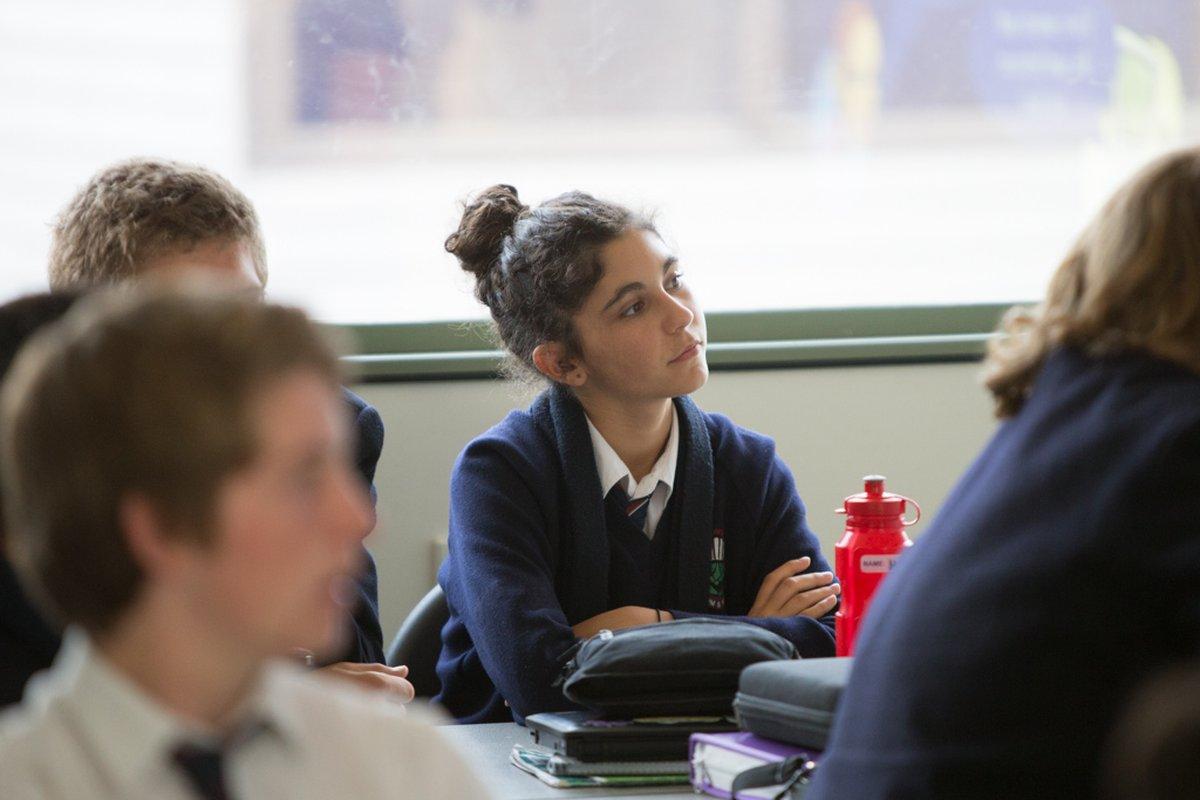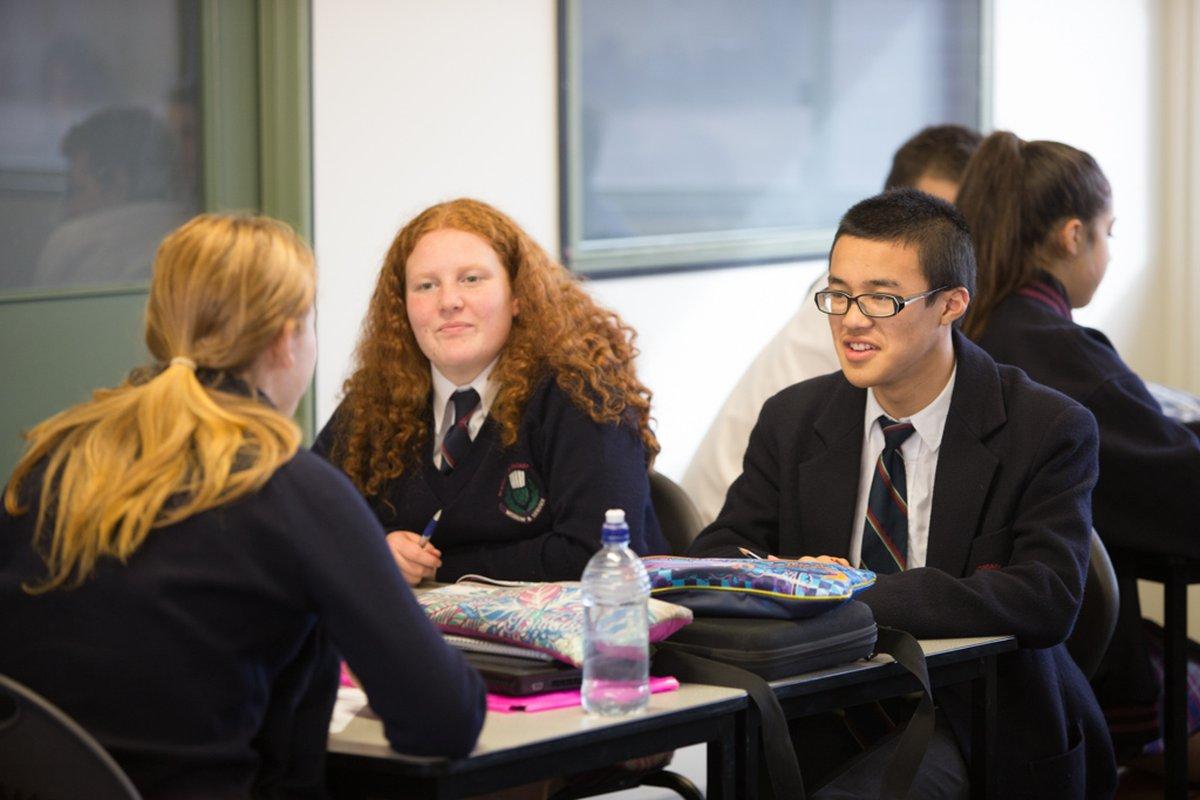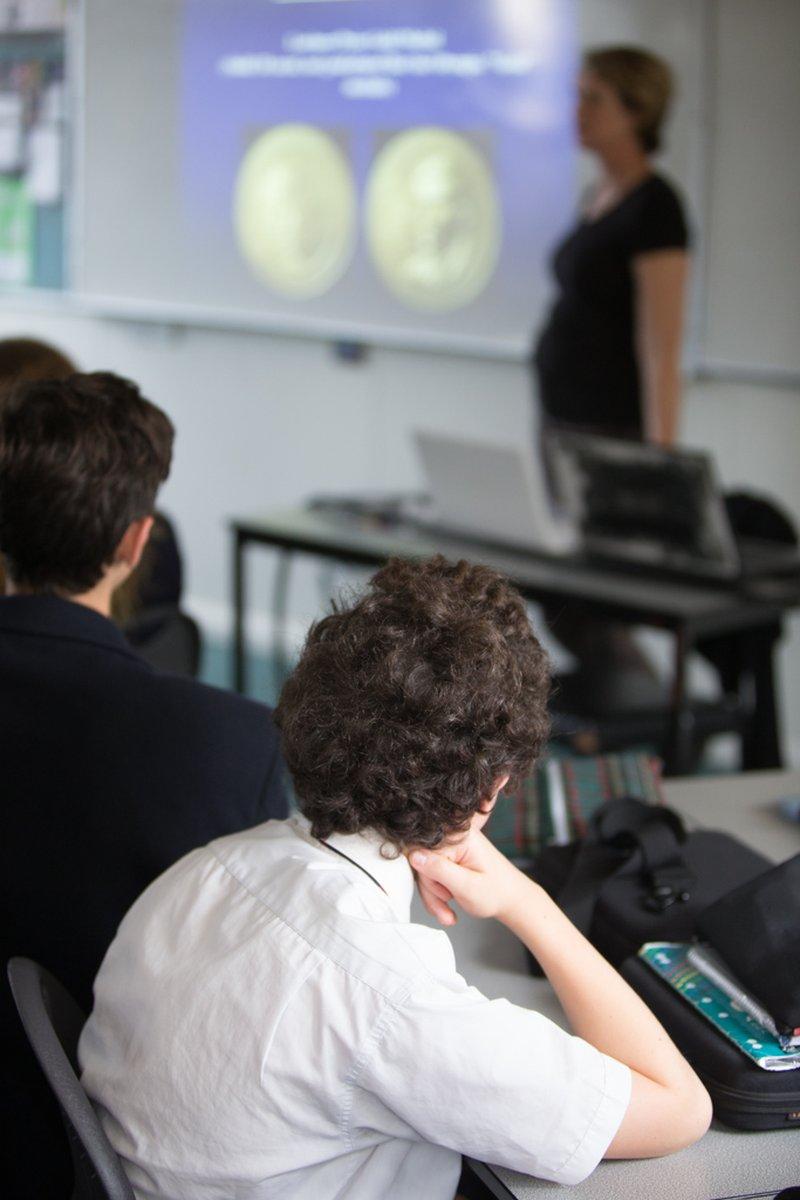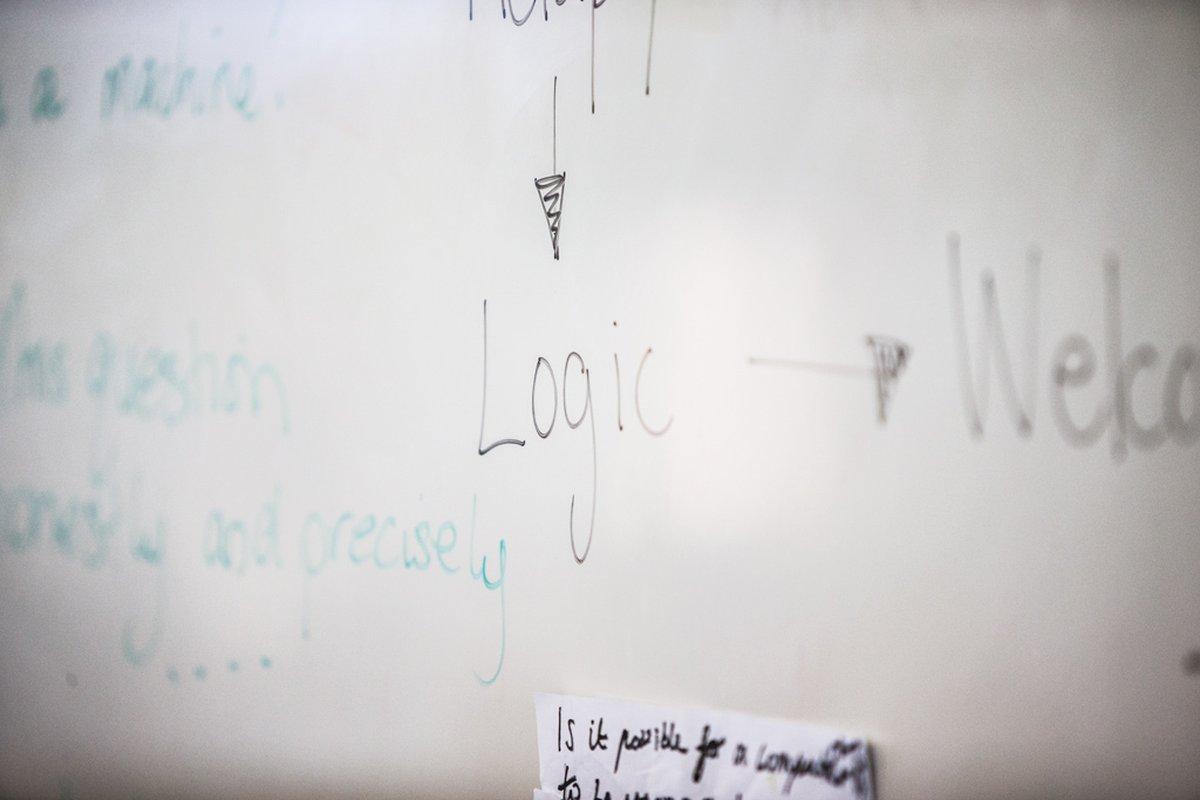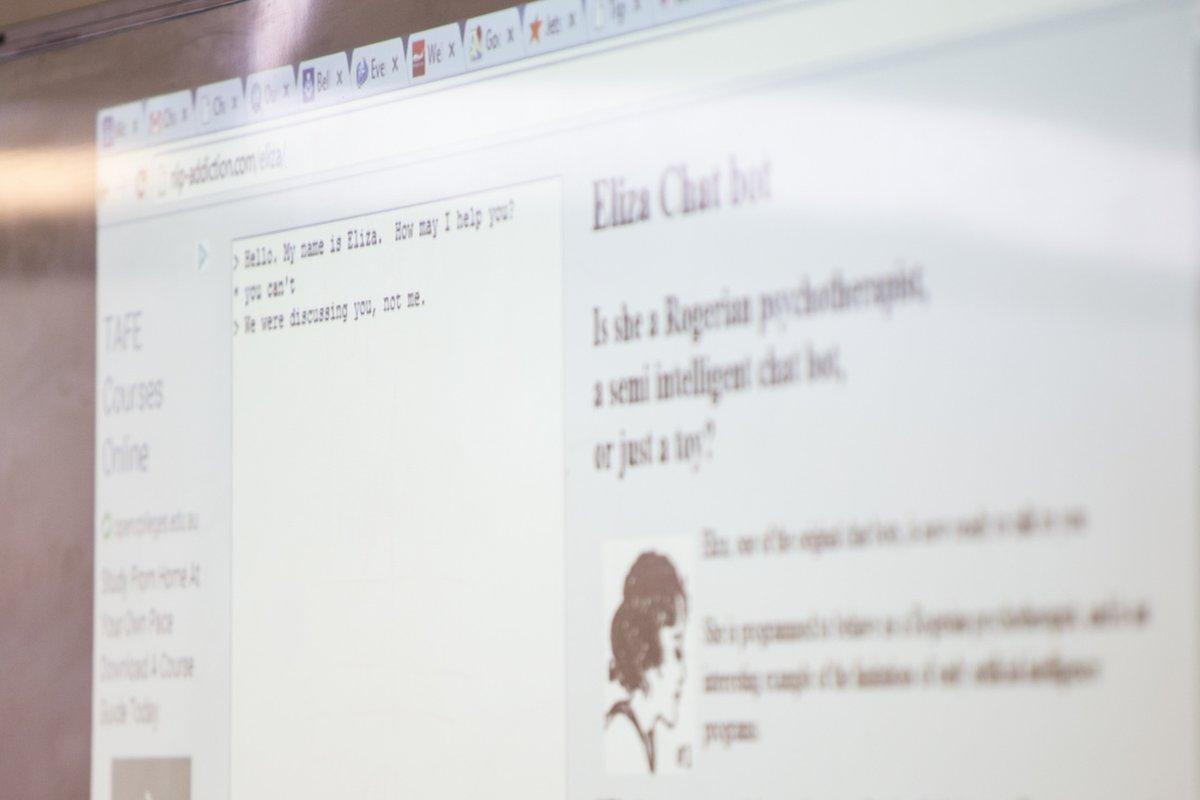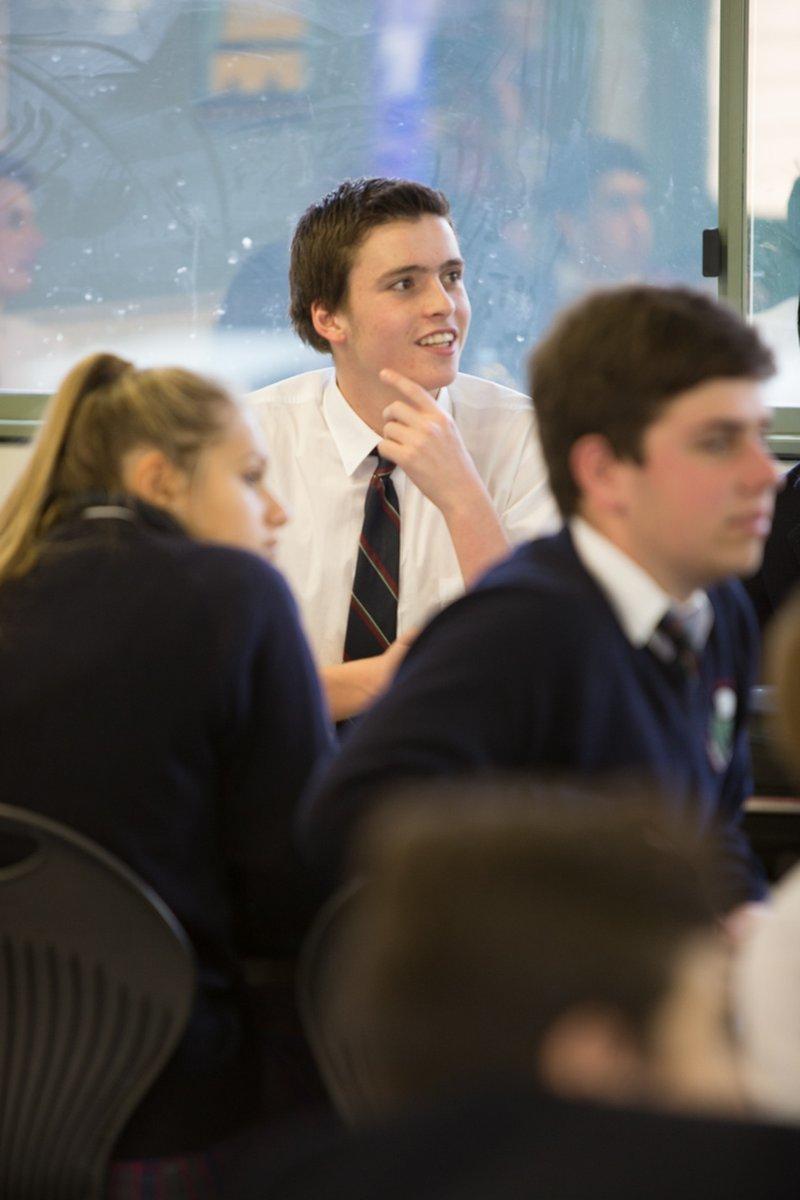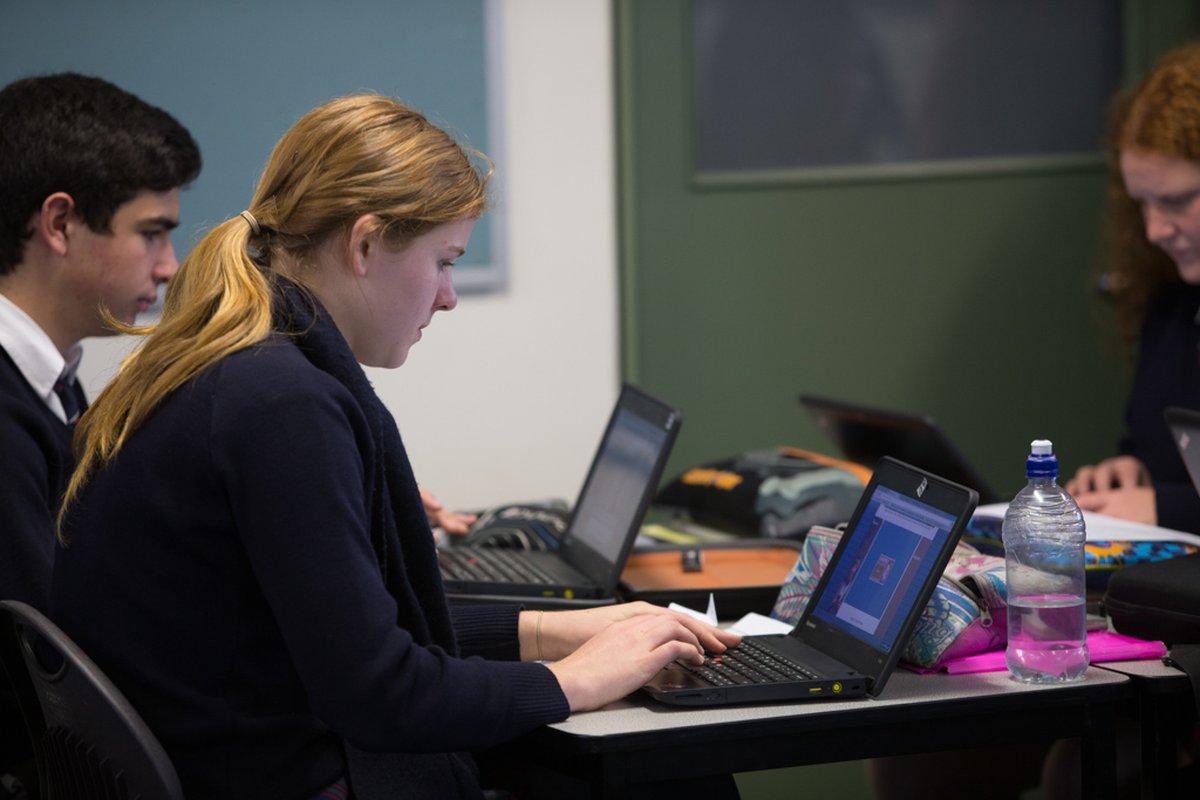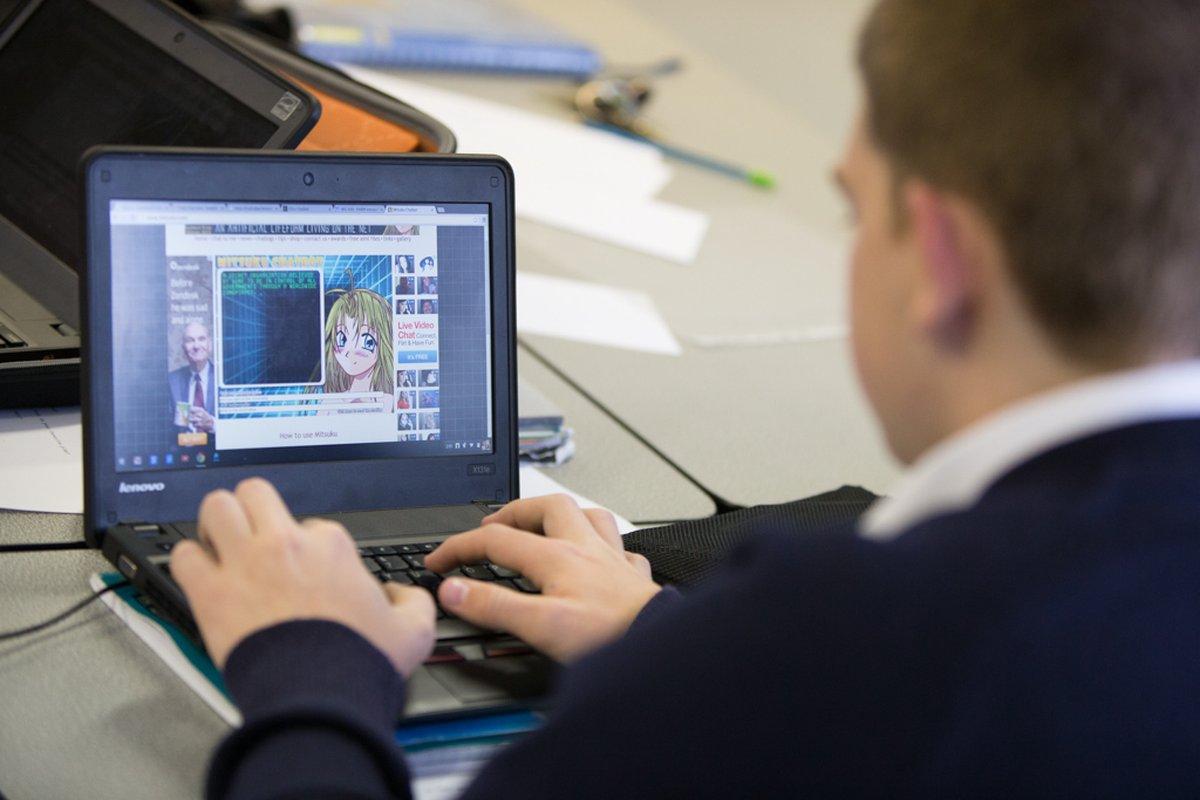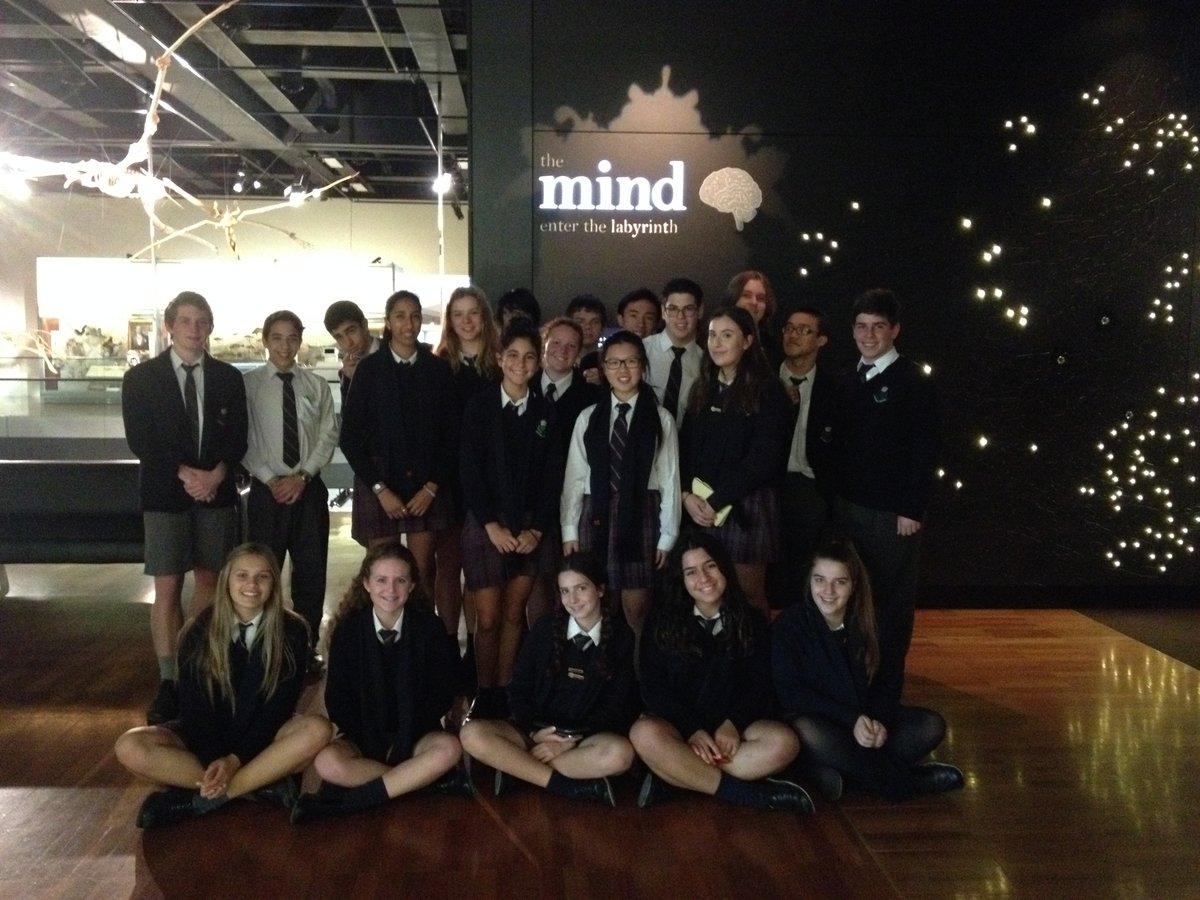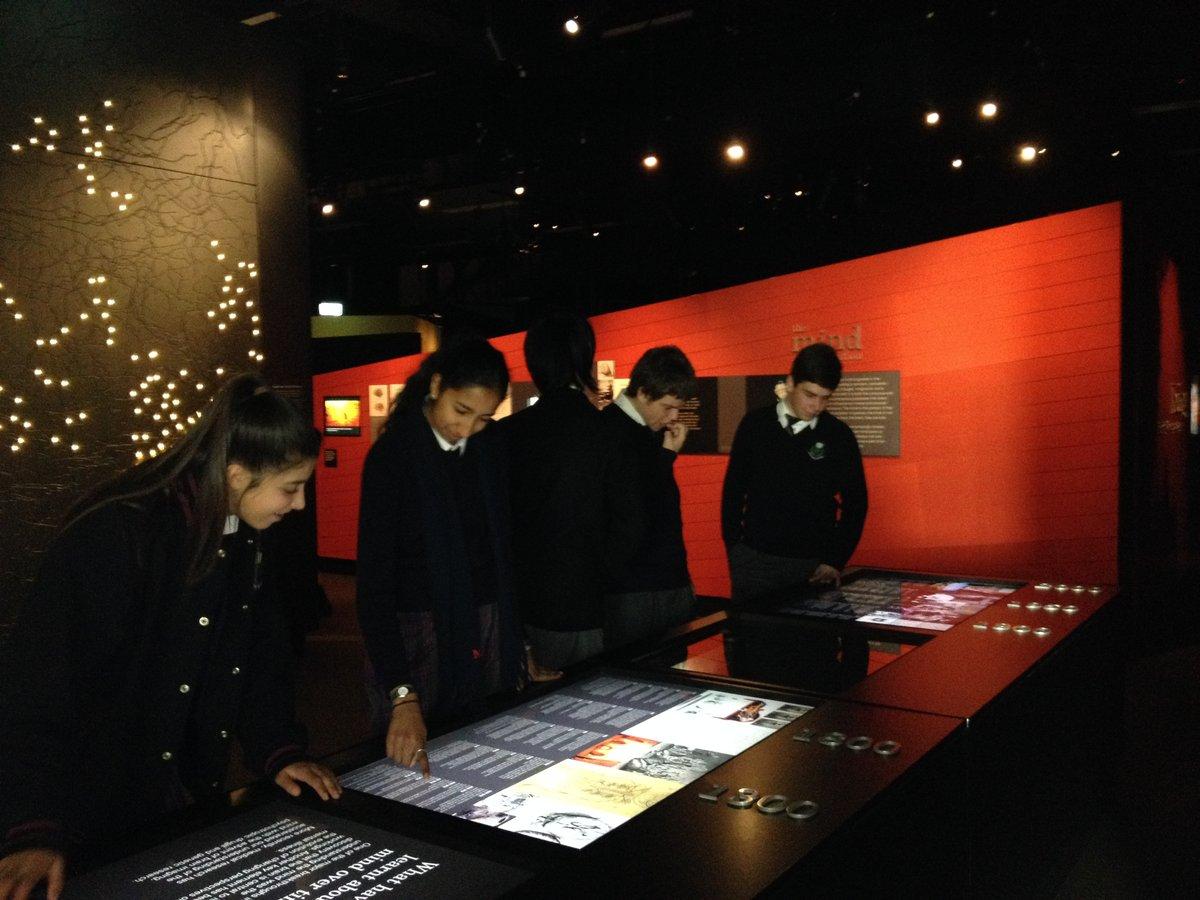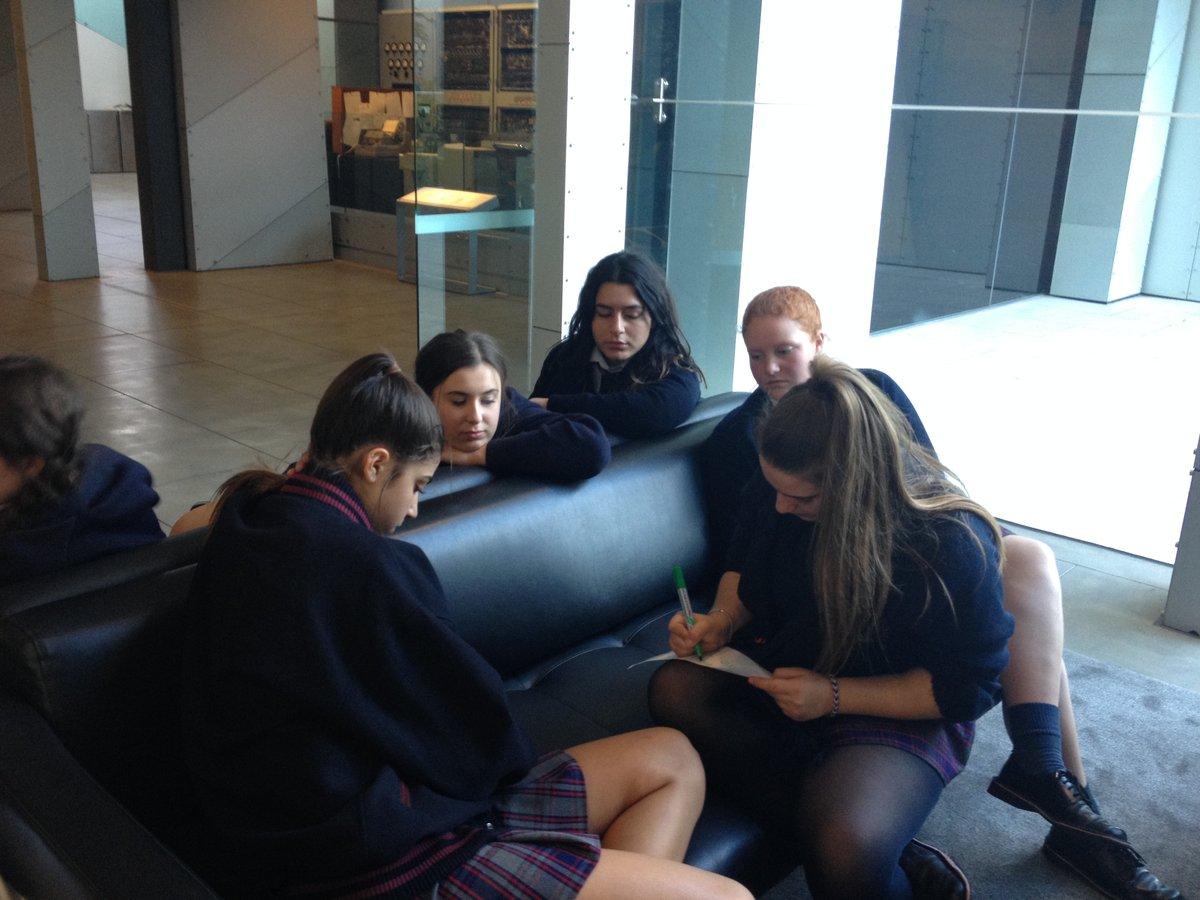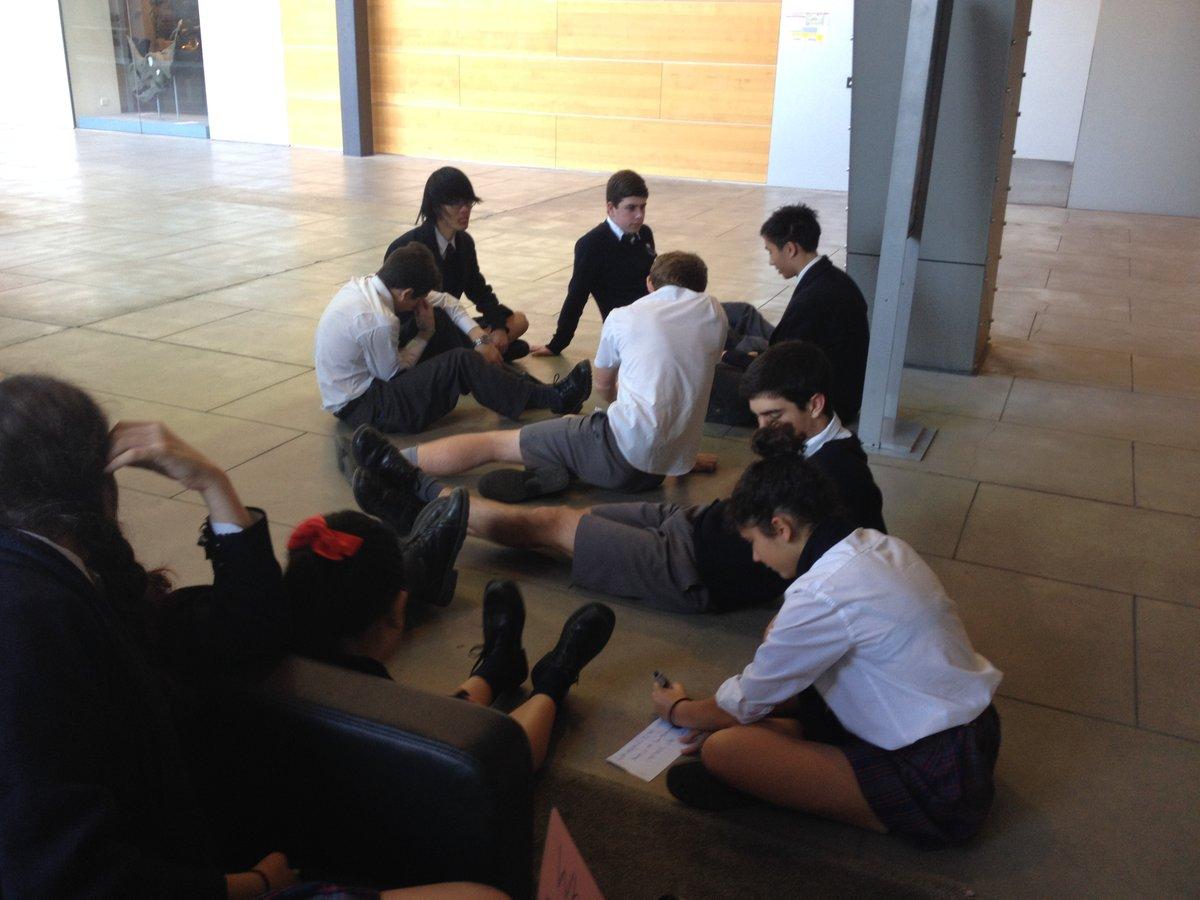LEARNING MATTERS
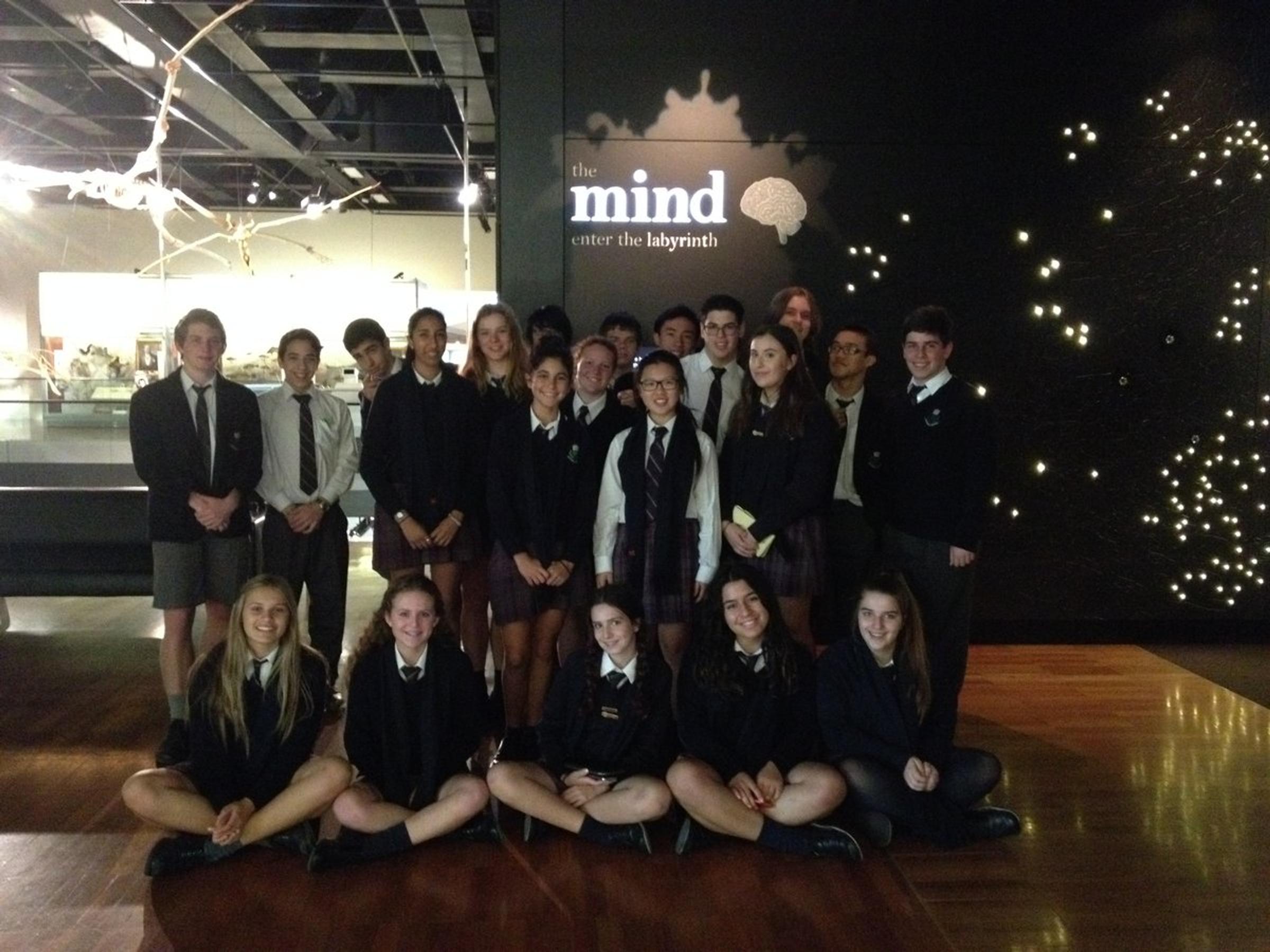
YEAR 10 PHILOSOPHY: MINDS, MACHINES AND ARTIFICIAL INTELLIGENCE
Why is philosophy relevant to education? You might say it is relevant because the mere definition of philosophy is ‘love of wisdom’. Ask my Year 10 students, and they would say: “Philosophy makes you think of other perspectives, not just your own.”
“I think differently about the world around me… there are so many possibilities. I realize that how I perceive things may not necessarily be the same as others.”
“Philosophy makes you think about what motivates you to live a happy life.”
To all of the above I would say ‘yes’. And in addition, as Philosophy is about Life and the Big Questions we have as human beings, this in itself makes it relevant in education. Typically, the semester course begins with a study of Epistemology: Socrates and Plato. How does one come to ‘know’ something? Knowledge vs. Beliefs. What is ‘knowledge’ and where does it come from? We consider the Allegory of the Cave, which leads to student inquiry into questions of existence – Who am I? What makes me ‘me’? What am I doing here? How did I come to exist? From here, student inquiry naturally leads to Metaphysics: The nature of Reality. How is it constructed? Is it the same for everyone?
17th Century philosopher, Rene Descartes, challenges our reliance on our senses by offering perplexing thought experiments. Students begin to question ‘thinking’ – their own and that of others. Where do thoughts come from? The mind? The brain? Externally? At this point, it was definitely time for a visit to the Mind/Body Gallery at the Melbourne Museum to find some answers – or, in the case of my burgeoning philosophers, come up with more questions!
Upon arrival, each student was to construct a question considering each of the three exhibits: the Mind, the Body and CSIRAC, Australia’s first digital computer.
One student reflected in her journal: “Before I entered the Mind/Body Gallery, the question I wanted to find the answer to was: How is the mind able to confirm thoughts with the body? In the Body section of the museum, I found out that scientists have been trying to gain knowledge on how the body works for a very long time. The Mind gallery made me wonder about mental illnesses and how they affect perception. The last thing we looked at, the computer, made me think about how technology has evolved at such an extreme rate since the end of WWII. The most interesting part of the excursion was our Community of inquiry discussion. It was a very open discussion about the evolution of technology and whether it will one day evolve to the same standard capabilities of our mind. From the inquiry, I now think that scientists wouldn’t be able to create technology similar to the brain until they know more about the mind first.”
After visiting all three exhibits, students were put in groups of five to share their inquiry findings and construct one question to propose for our culminating task – the community of inquiry discussion. All five groups presented their questions to the class, and then democratically voted for the one which was to be explored. In a circle out on the grass of the Royal Botanical Gardens our discussion focused on: Will technology one day rise to the standards of the human mind? I thought it was brilliant! They had combined their experiences from all three exhibits and came up with a comprehensively devised question. Students were sharing personal points of views, listening intently and building on the ideas of each other, proposing criteria by which to logically reason, asking questions of each other to clarify ideas, and all the while using respectful, caring manners. It was a privilege to take part in this journey of philosophical inquiry with my students, as their interests lead us to more questions, exploration and research.
However, as intellectually intoxicating and stimulating the discussion was, as we concluded our excursion, I fervently wondered how to segue the subsequent lessons to Ethics. It didn’t make sense to go from the students’ interest in consciousness of the mind/brain and its relation to technology to exploring Right and Wrong, Morals and Values. How could I fill the gap? I considered the other branches of Philosophy we hadn’t yet covered besides Ethics – Aesthetics, and Artificial Intelligence. Yes! That was it – A.I.! The students’ interest was begging for exploration of A.I. I immediately got in touch with Su Rogerson, a music teacher at McKinnon who is very interested in Logic and Computer Science. She gladly offered to give the students a presentation on A.I. to foster their interest and extend inquiry.
Students listened intently and with wide, eager eyes fixated on her power point slides revealing information about the Nobel and Loebner Prizes in Science. To conclude, Su and I divided the students into groups to create questions to test online chatbots. The kids loved the hands-on portion of the lesson and were engaged not only by the technology, but with the supporting theories behind the activity as well.
This unit of work is worth sharing with our school community because it exemplifies the possibilities and opportunities for curricula to be manipulated, or rather ‘discovered’ in this case, and led by the interests of students. Thank you to Su Rogerson for sharing her passion of Logic and Computer Science, to Andrew Krause for capturing the exhilaration of students exploring Artificial Intelligence in Philosophy, and to my semester one philosophers - never stop wondering about the world. See you in Philosophy Club!
Michelle Rocca
Philosophy

